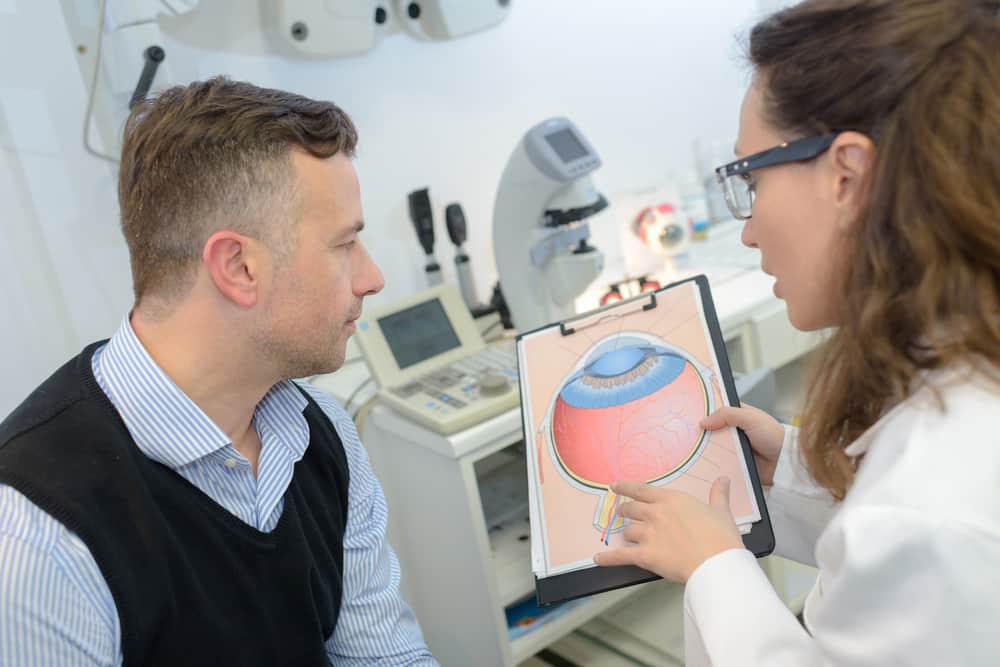Glaucoma is a common eye condition, but according to the Glaucoma Research Foundation, nearly 50% of people who have it are not aware. It’s usually caused by fluid build-up which puts pressure on the optic nerve at the back of the eye and can result in loss of vision if it’s not detected and treated early. In this guide, we’ll run through who is at a higher than average risk of developing Glaucoma.

Glaucoma High Risk Groups
Over 60s
African, Asian And Caribbean Ethnicity
Other Medical Conditions
It has been found that those who suffer from diabetes are more likely to develop glaucoma, as well as those with extremely low or high blood pressure (hypertension). Other eye conditions increase the risk too, such as short-sightedness (myopia) and long-sightedness (hyperopia); but these people are more likely to be visiting their Optometrist regularly and get an early diagnosis.
Steroid Use
Regular, long-term use of steroids has been linked to an increased chance of developing glaucoma. This includes the steroids used in inhalers, as well as for oral immuno-suppressant medication.
Injury
Impact to the eye can cause secondary glaucoma, which can be spotted immediately or years after the incident. Trauma to the eye risks damaging the eye’s drainage system, which can increase eye pressure causing glaucoma. It’s always a good idea to visit a doctor after any kind of significant head injury.
Is Glaucoma Genetic?
Many studies have confirmed that glaucoma does indeed run in families. Primary open-angle glaucoma is the most common type of glaucoma and is known to be genetic.
This means that if close family members, especially parents and siblings, have the disease, you’re at a much higher risk than the rest of the population. It’s recommended that you have a comprehensive eye exam at least once every two years to keep on top of your eye health and make sure you have not developed glaucoma. If you are diagnosed with glaucoma, let your family know as soon as possible so that they can get tested and increase their chance of preventing any loss of vision.
The tests for glaucoma include testing your peripheral vision, measuring the dimensions of the optic nerve at the back of your eye and measuring the pressure inside your eye.
Glaucoma can be a life-altering disease that leads to vision impairment and blindness, but with the correct knowledge, we can evaluate who is most at risk and help protect them. If you’re in any of the above risk groups, organise an eye test with Pacific Eye Clinic today by calling 07 5647 3484.
Author

Dr Marc Wei
Dr. Marc Wei is the principal specialist laser and cataract surgeon at Pacific Eye Clinic in Southport on the Gold Coast. He has 20 years of trusted experience in advanced laser cataract surgery and has completed more than 15,000 procedures over the course of his career.

Dr Marc Wei
Dr. Marc Wei is the principal specialist laser and cataract surgeon at Pacific Eye Clinic in Southport on the Gold Coast. He has 20 years of trusted experience in advanced laser cataract surgery and has completed more than 15,000 procedures over the course of his career.

